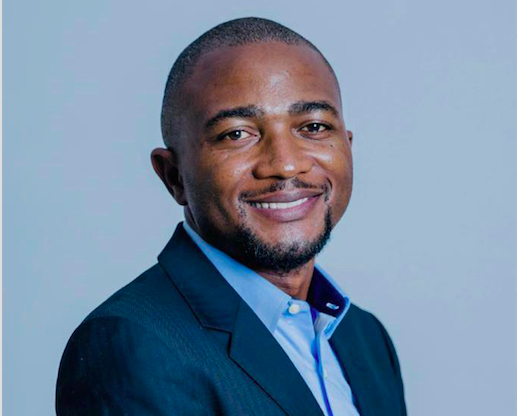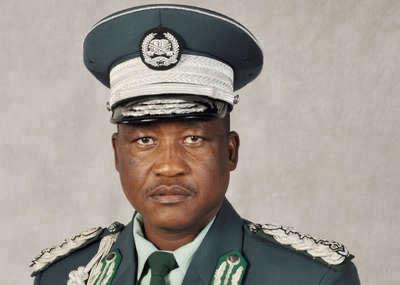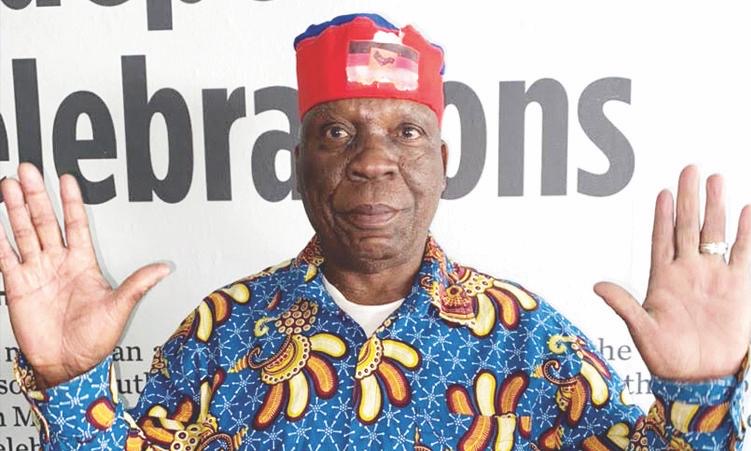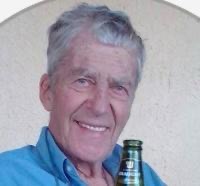In the spirit of critical public discourse, this is a response to an article by presidential adviser Alfredo Tjiurimo Hengari in The Namibian of 17 November.
This is necessary for two reasons. Firstly, to counter the popular myth of ‘One Namibia, one nation’ that has been drilled (albeit unsuccessfully) into the public imagination for 33 years.
Secondly, subject to scrutiny Hengari is projecting president Geingob as a ‘unifier’, ‘nationalist’ or ‘global statesman’ with republican values.
At the conceptual or ideological level, any thinking Namibian would not resist ‘One Namibia, one nation’ as it attempts to foster a national identity premised on embracing ‘unity in diversity’.
As a rhetorical statement, it can be contradictory, especially when analysed against the conduct of national politics.
As a multi-ethnic society, a significant number of Namibians identify with their ethnic roots even though they have physically migrated to the country’s various urban centres in search of economic opportunities.
For them, as successive Afrobarometer surveys reveal, their headman, chief, ‘queen’, or ‘ring’ are of more significance than the mayor or councillor of their contemporary urban base.
This perhaps explains why Goab (King) Justus /Garoëb in 2013 and 2014, hot on the heels of Geingob’s ascendance to the Presidency in 2015, averred that “we [Damaras] decided to support Hage [Geingob] because he is a Damara. The Owambos [Aawambo] have been leading this country for very long. It is time for another tribe. This country belongs to all Namibians and not to the Owambos alone.”
POLITICS OF IDENTITY
The politics of identity was at the centre of the governance architecture under apartheid and remnants of that divisive past has unfortunately reemerged in our national politics.
Academic Mahmood Mamdani argues that political independence succeeded in deracialising the state, but failed to “detribalise” it.
At the level of rhetoric, president Geingob has been consistent in attempting to instil republican values that every modern democratic state espouses in their citizenry.
Respect, tolerance, freedom and dignity are values that permeate our Constitution and daily political grammar as it serves as a basis for constructing the Namibia we envision.
An ideology begins with the belief that things can be better; it is a plan to improve society.
Thus far, the Geingob Presidency has not transcended the ideological and master narrative.
It is largely about grandstanding and conjuring up images of a Namibia that does not exist, except in the minds of president Geingob and Hengari.
TERMINOLOGY
If the president is truly republican, why does he appear to be eager to attend the olufuko and omagongo cultural festivals without talking down about their festivities?
When the late Kazenambo Kazenambo, a close ally of president Geingob then, publicly called for a non-Omuwambo president, what was his response?
As a republican, did he condemn him?
What is more, Namibia’s political elite from ministers, army chiefs, heads of public enterprises to former heads of state are traditional leaders while in most cases more than 700 kilometres away from their constituents or ‘subjects’.
This is not surprising as rural areas remain a source of ethnic and political mobilisation.
From this perspective, president Geingob’s call for ‘tribal suicide’ is devoid of substance for as long as his subordinates are national leaders during the week and traditional leaders over the weekend and holidays.
‘The Namibian house, Harambee’, ‘holding hands’, ‘pulling in the same direction’ are ‘feel good terms and phrases’, but fail to rally Namibians towards anything specific.
This is because 33 years of political independence has failed to create a Namibian identity that transcends ethnic or racial loyalties.
We have yet to discover what makes us ‘Namibian’, hence people retreat to their ethnic enclaves.
POLITICAL CLASS
Government’s official narrative of ‘unity in diversity’ or ‘One Namibia, one nation’ is a myth that illustrates that the political class is dangerously divorced from reality.
The German and Afrikaner communities continually enjoy their historic privileges without a moral obligation to propel meaningful reconciliation and foster social cohesion.
The Rehoboth Basters’ construction industry has been decimated by the infiltration of the Chinese and the hijacking of smaller projects by the new political elite.
We cannot be a nation if the Mafwe of the Zambezi region continue to be excluded from economic opportunities on account of their perceived loyalty to Mishake Muyongo.
There can be no nationbuilding exercise, while the Aawambo elite, in cahoots with dodgy local headmen, encroach on the land of the Kavangos, Ovazemba and Ovahimba communities.
We cannot be a nation if the state-sponsored collective memory of Namibia’s past is confined to Swapo’s actors, ideas, interests and institutions.
‘ONE NATION’
The government has actually been the architect of tribalism through the Traditional Authorities Act (25, 2000), which gives the minister of urban and rural development unfettered power to approve or reject ethnic communities seeking recognition.
Without such approval, unrecognised traditional leaders do not benefit from a state-sponsored driver, secretary, and monthly allowance of N$2 098. Penultimately, there is geographically ‘One Namibia’, but certainly not ‘One Nation’.
We are an ‘ethnic state’ and not a nation state.
An open and candid discussion needs to occur on how we become intentional about constructing a national identity that recognises cultural diversity and minority rights.
- Rui Tyitende is a political scientist based in Windhoek
Stay informed with The Namibian – your source for credible journalism. Get in-depth reporting and opinions for
only N$85 a month. Invest in journalism, invest in democracy –
Subscribe Now!







